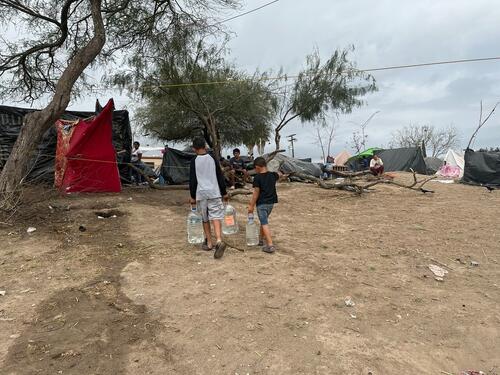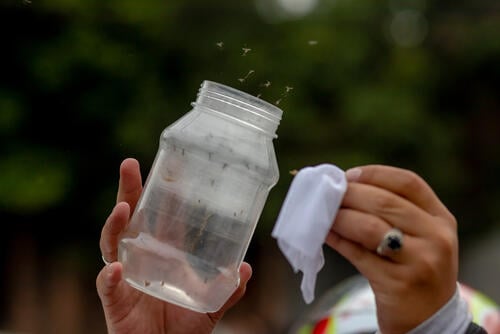Under the harsh conditions of the migration route, countless men, women, and children from Central America endure extreme hardships as they journey through Mexico. Despite the promise of a better future, many migrants find themselves in precarious situations, facing violence, health crises, and insufficient support.
The below report underscores the urgent need for a timely, adequate, and safe response to meet the growing health and protection needs of migrants in Central America and Mexico. With rampant violence, including sexual assaults, many migrants suffer severe trauma. Our teams treated 232 survivors of sexual violence in 2023, yet only a fraction received timely care.
We call for immediate improvements in the medical and humanitarian response, emphasising the necessity of secure and non-discriminatory access to essential services and the elimination of impunity for violence against migrants. Only through such measures can the dire situation faced by migrants in the region begin to improve.






